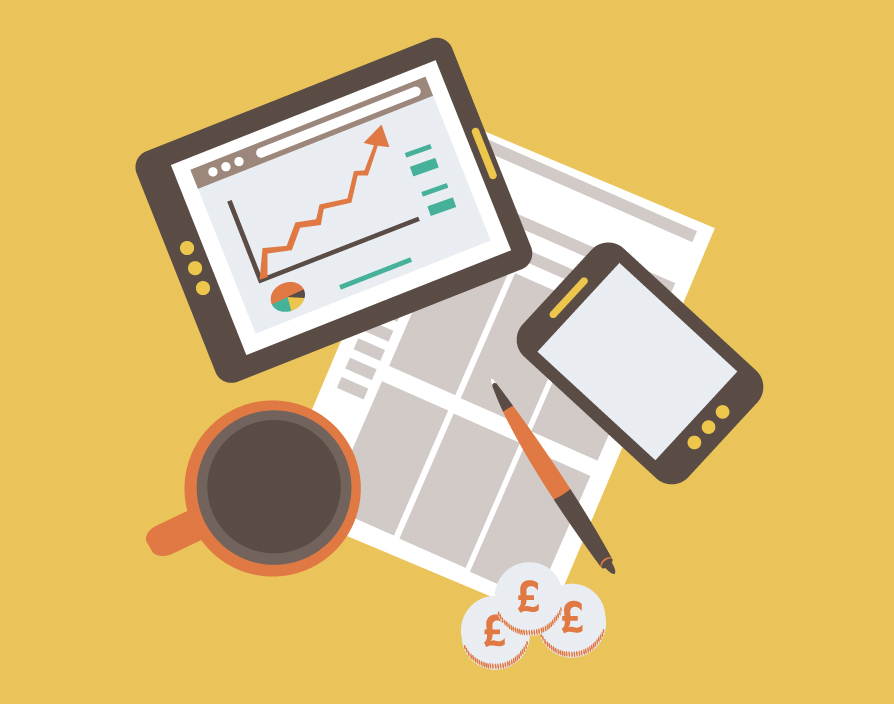Small businesses were left celebrating as November’s Autumn Statement exempted them from the apprenticeship levy and small business rate relief was extended for another year. But in 2016, how else can SMEs and micro-businesses ensure a good financial bill of health?
Am I maximising all of my tax reliefs?
If your business has brought some equipment that is not chargeable to profits – for example, if the item of expenditure is classified as ‘capital’ rather than ‘revenue’ – you can claim capital allowances, which reduces your taxable profits and tax liability. And, if it’s applicable to your business, you can also claim motor expenses, pension contributions and the use of your home as an office.
Sole trader or limited company?
Forming a limited company has been a very tax-efficient way of trading. However, from April this year, dividends will be taxed. Businesses need to talk to their accountant to maximise dividends before then. After April, trading as a limited company may help save tax and national insurance but the changes to dividends mean being a limited company is unlikely to save money unless business profits are in the region of £40,000 per annum.
Am I managing cash flow effectively?
Businesses should maintain accurate records and prepare year-end accounts in plenty of time. The sooner you know your tax liability, the better. When you prepare a cash-flow forecast, make sure you account for commitments like payroll, predictions of receipts, as well as payments from future sales, purchases and expenses over the forecast period. When you spot a time the business might run low on cash, you can form an action plan in advance.
It’s also worth having a system for chasing late payments from customers. This will involve keeping the aged debtors schedule up to date with recent receipts and escalating things up your customer’s management chain if they do not pay as agreed.
Last but not least, letting suppliers down will reflect in your credit rating, which could affect future suppliers and access to finance, so agree payment terms with suppliers and stick to them.
Should I be registered for VAT?
If your business has reached the annual VAT threshold turnover of £82,000, it must register for VAT. This means adding VAT at 20% if the sale is at the standard rate. This is a challenge for businesses serving customers who have no way of offsetting the VAT charge. Registering for VAT usually results in a business requiring more working capital because total debtors will increase. Businesses should keep a close eye on their cash flow when paying quarterly VAT payments. However, it’s worth bearing in mind that you can account for VAT on a cash basis.
Is it time for a financial check-up?
While running a business is time-consuming, it is advisable to do a stock-take of your personal wealth. Periodically consider what your longer-term objectives are and whether the business is going in the right direction. Will you keep the business in the family or sell it? Is a merger, acquisition or even a stock-market listing a possibility? It might be worth talking to a chartered accountant, many of whom provide business health checks as part of a long-term review. ![]()
Share via:


















































